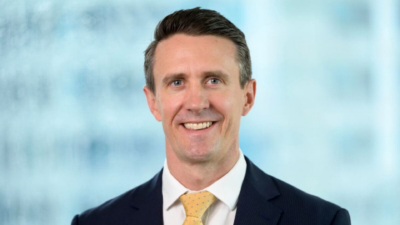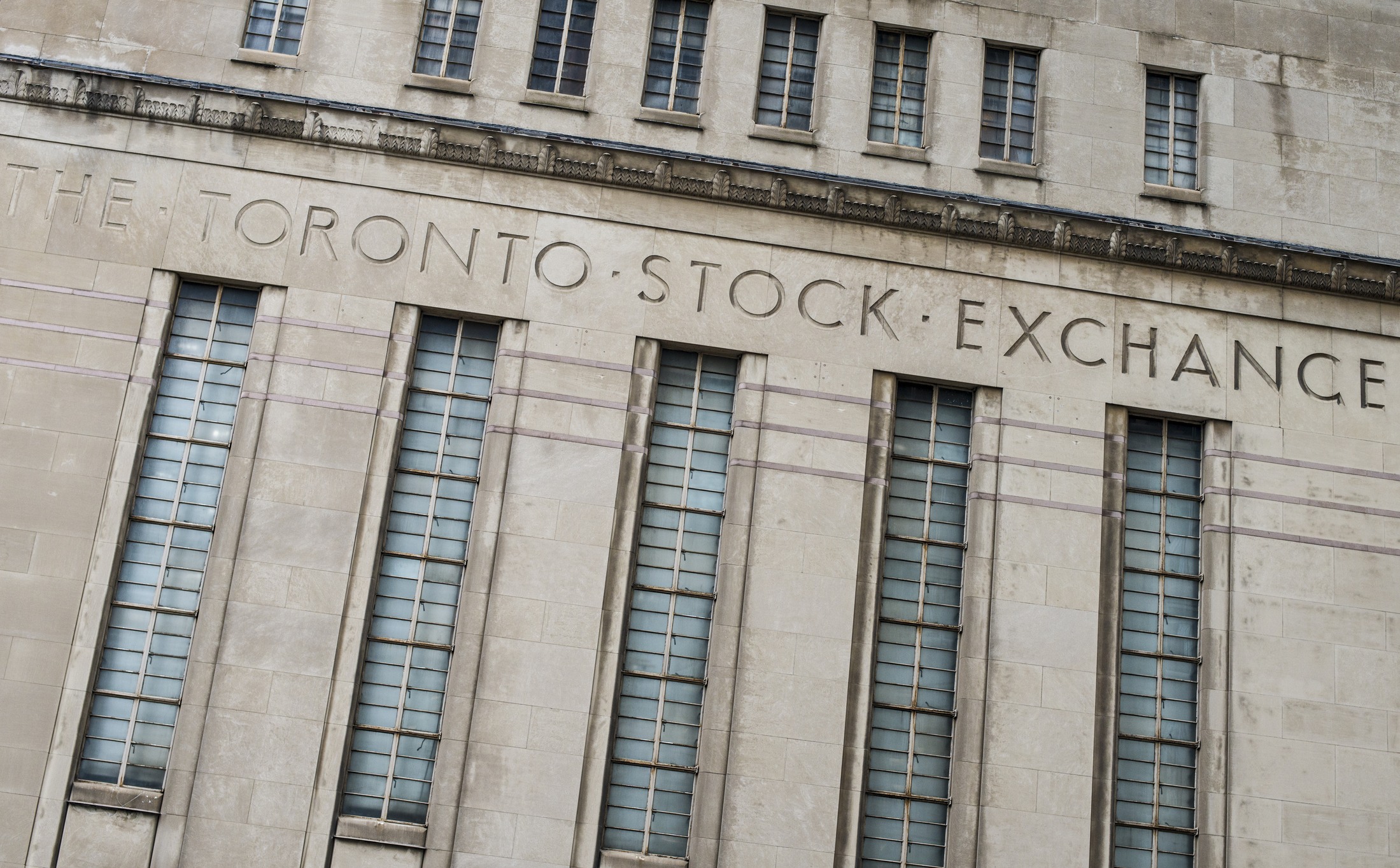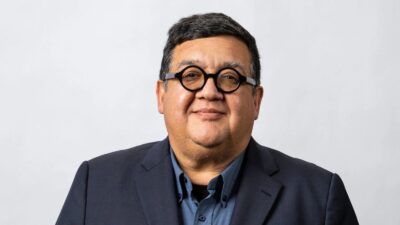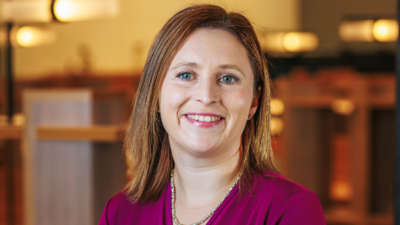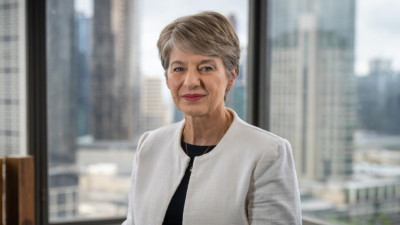Schroders study reveals investor disconnect
A new study by Schroder Investment Management globally, including a significant Australian investor participation, shows a massive disconnect between investor expectations and likely outcomes over the next few years.
According to Chris Durack, the Australian chief executive of Schroders, the high investor expectations around the world, including in Australia, probably contributed to disappointment in the past five years. Investors in North America, for instance, have expected returns of 12.4 per cent on average, while Australian investors were not too far behind, expecting 10.9 per cent. There were more than 25,000 investors surveyed, with about 1,250 from Australia and New Zealand.
At a media briefing in Sydney last week, Durack said that Schroder had a tradition in challenging the ‘status quo’ in investment thinking. “When it comes to issues within markets, we want to be able to provide solutions,” he said. “We like working with the institutions as they evolve, and even as they internalise [their investments]. We like to work with the organisations which like us.”
Durack said the survey revealed, as most of know, that there was a real demand for sustainable investing. “About 60 per cent of investors think that they can make a difference,” he said. ”
But in Australia only 16b per cent report that they are investing sustainably.”
With respect to the specific issue of climate change, he said, the majority pf respondents thought that the issue would impact on their investments. This tended to correlate with age. Those with the longest horizon – young people – were more concerned than those nearing their twilight years.
“We argue that to invest sustainably it has to be an integral part of your investment process,” Durack said. “There are complications through the value chain and a lot of greyness. But we don’t think that means you should shy away from the debate. It’s becoming a more mature discussion. Increased transparency is bringing something extra to the debate.”
Graeme Mather, Schroders head of distribution and a former asset consultant, said that investors would keep making changes to their portfolios, notwithstanding the volatility, and they would tend to have opportunistic expectations. “Super funds, on the other hand, tend to have much more realistic expectations,” he said.
Simon Doyle, the head of fixed income and Schroders’ very successful multi-asset strategy, said there was definitely a more active approach being adopted in asset allocation and volatility picked up. “As the cycle matures, the allocation of capital will become more important.”
For Schroders, a long-time growth manager, this means it has to handle the turn in the cycle. Value has underperformed growth for eight years. The evidence the trend is about to turn, if it has not already. Doyle said that that was when new opportunities would occur. Time is on our side.”
As an aside, the late Bruno Schroder, who was a frequent visitor to Australia in the 1980s and 90s, especially if there was an interesting summer of cricket to watch, used to often say time was on the side of the growth manager and worked against the value manager. He also asked, which was more easily understood: “who would you rather work for: a value manager or a growth manager?” At that point he had his audience.
– G.B.

